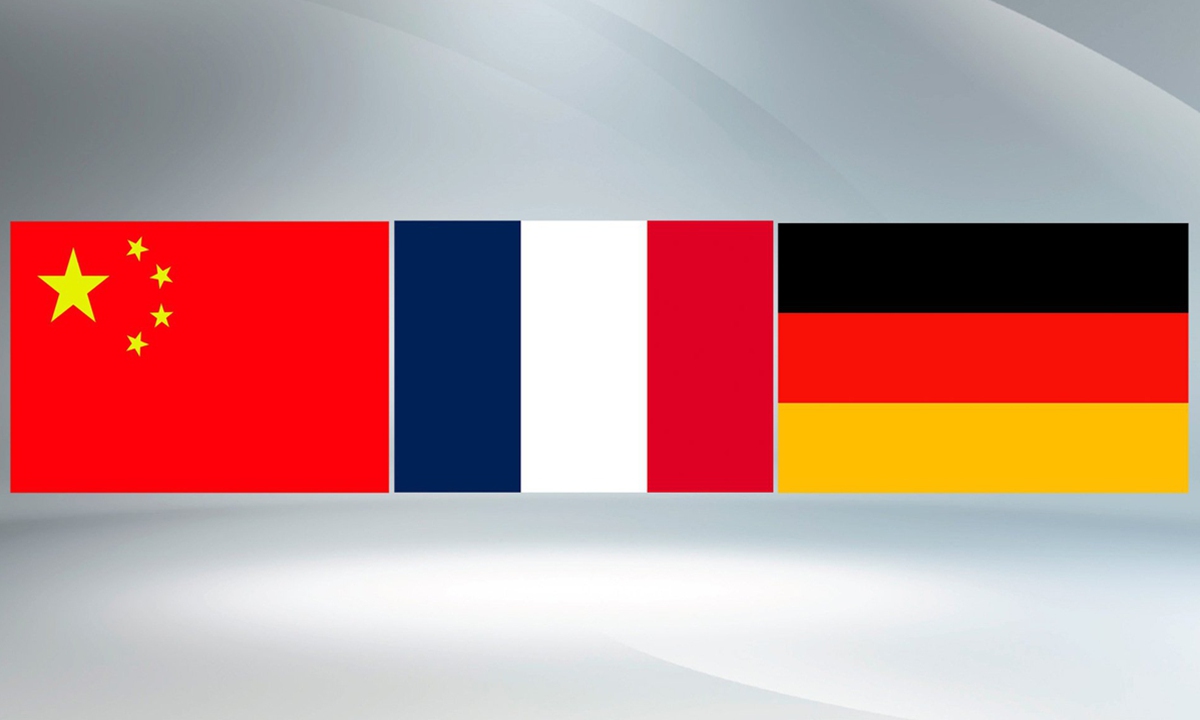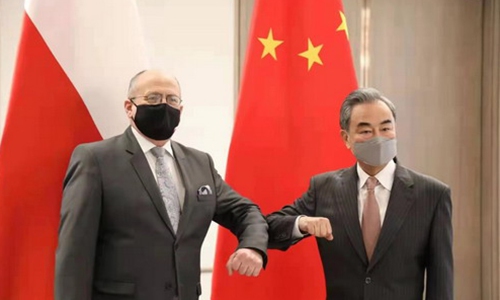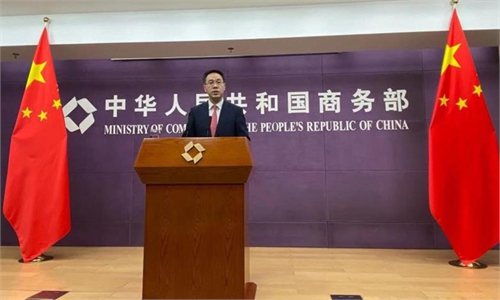Support grows for China-EU business ties amid uncertainty
Voices backing CAI mark possible return to rationality

Following a period of uncertainty in China-EU ties with intensifying US meddling, there are growing calls from some EU leaders and businesses to pursue a positive relationship with China in the economic and trade areas instead of shutting down cooperation.
Such voices supporting China-EU cooperation, particularly regarding the Comprehensive Agreement on Investment (CAI), and opposing China-EU decoupling represent a sign of a possible return to rationality in the 27-nation bloc, a Chinese trade expert said on Tuesday.
On Monday, during a virtual summit with Chinese President Xi Jinping, leaders of Germany and France expressed support for the CAI amid rising uncertainty over the massive, hard-fought agreement and for cooperation in other areas, according to the Xinhua News Agency.
German Chancellor Angela Merkel said that Germany hopes that the EU-China investment agreement will be approved as soon as possible, while French President Emmanuel Macron said that France supports the conclusion of the EU-China investment agreement, Xinhua reported.
On Sunday, the European Round Table for Industry (ERT), a powerful European business lobby group that includes big multinationals such as BMW, Royal Dutch Shell and TotalEnergies, urged EU leaders not to turn away from China despite some leaders' approach of limiting commercial ties to China.
In a report titled "Making open strategic autonomy work," the ERT called on the EU to find "a positive way forward in the China relationship" and urged both sides to ratify the CAI.
"The EU-China economic relationship is critically important for European industry, jobs, and growth," said the report, while urging both sides to address concerns.
China-EU relations have seen ups and downs in recent months. In May, the European Parliament voted to freeze the ratification process of the CAI, the hard-won result of seven years of negotiations.
Apart from differences between China and the EU, under President Joe Biden, the US has been trying to fix transatlantic relations and pit its European allies against China.
Li Yong, deputy chairman of the Expert Committee of the China Association of International Trade, said that recent positive voices from the EU showed that many European leaders know they are not in the same boat as the US, and that as a third pole in the world, the EU must come up with its own policy that suits its own interests and growth.
Li said that after a freeze on the ratification of the CAI, the time has come for the EU to make clear its stance on the agreement, and "continuing to freeze the process will easily give the impression that the EU don't have an independent decision-making strategy and that the EU is under American influence".
Li added that "the inward-looking US could not present the EU with significant economic opportunities."
The CAI offers the EU enormous benefits by giving its companies wider access to the stable and fast-growing Chinese market, and the influx of Chinese investment to the EU will address some of the 27-member bloc's most acute issues, such as unemployment in the post COVID-19 world, analysts noted.
The CAI will support growth in trade and investment with China that will support the broad European economy, which is additionally important in the context of the consequences of COVID-19 on the global economy, Dragan Pavlicevic, associate professor with Xi'an Jiaotong-Liverpool University, told the Global Times on Tuesday.
However, Pavlicevic said that resolving issues over sanctions would probably be necessary for ratification of the CAI to be put back on the agenda.
Despite some EU politicians' push for decoupling, trade and investment between China and the EU are continuing to grow.
In 2020, China overtook the US as the EU's largest trading partner, and the Chinese market is the largest source of profits for many big European companies.
Amid a strong recovery from the COVID-19, Chinese outbound investment grew 12.6 percent in the first quarter year-on-year with the EU becoming the top destination for Chinese overseas merger and acquisition deals, representing 45 percent of total deals during the period.
EU companies also fared well in China in 2020 and hold optimistic views for their prospect in the Chinese market.
About 68 percent of respondents were optimistic about the business prospects of their industry in the next two years, up from 48 percent last year, according to a survey released by the European Union Chamber of Commerce in China in June.
More importantly, the percentage of respondents considering shifting any current or planned investment out of China hit the lowest share on record at 9 percent, according to the report.



